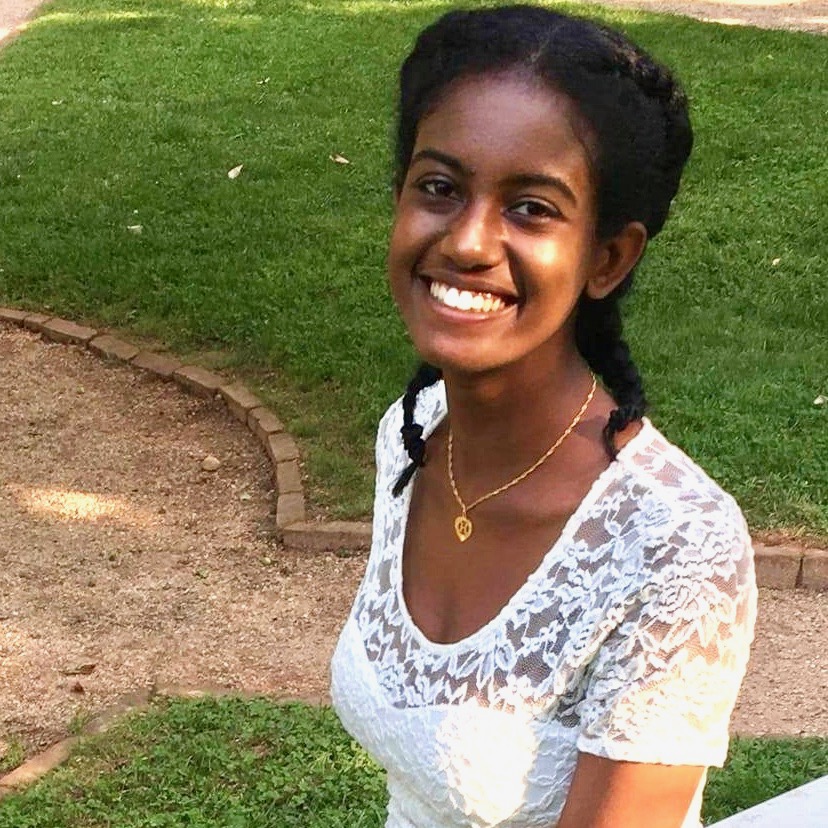 Fourth year
Fourth year
As a member of the Echols Advisory Committee, I provide a student perspective for the changes that the Echols program is currently considering in areas such as admissions, programming and academic requirements, housing, alumni engagement, and diversity. These are quite broad topics, and we discuss them extensively in our meetings throughout the year. I initially expected that these meetings would focus more on finding practical ways to support changes to the program, but I was surprised to find that we had to ask deeper questions in order to understand what changes needed to be made. How can we encourage students to engage and diversify their interests, while also honoring the Echols Program’s value of intellectual freedom? Could this be accomplished better by offering more programming, certain requirements, or through some combination of both? And more broadly, what is the ultimate goal of the Echols Program in regards to preparing students for the world beyond UVA? These are just a few of the questions that we came back to throughout our discussions. As chair of the diversity subcommittee, I was tasked with finding ways to improve the diversity and inclusivity of the Echols program through stronger recruiting and more inclusive programming. Currently, the Echols Program is less diverse than the College of Arts and Sciences in terms of underrepresented racial/ethnic minorities and in socioeconomic diversity, so this is one of our highest priorities. Again, we were faced with difficult questions, especially in regards to recruiting Echols Scholars from the high school applicant pool. Access to higher education for marginalized students is a deeply entrenched social, political, and economic issue in the United States, and we often found ourselves confronted with that reality when trying to design stronger recruiting practices for the program. Being a member of this committee has taught me that solving problems in education often involves a commitment to understanding a problem in its broader context. Our committee was made up of members with many different experiences and positions within the Echols program. I was accepted to the Echols program after my first year, so I focused on advocating for events that would make it easier for first-year applicants to get to know others in the program. One challenge we faced was recognizing that there are many stakeholders invested in the decisions we were making - prospective students and their parents, current students, alumni, administrators and faculty - and that to me was actually one of the most enjoyable aspects of being on the committee. We had to challenge ourselves to compromise and find solutions that could best address the needs of the program and all of its stakeholders. As students, we don’t often stop to think about the ways that the academic programs we’re involved in are structured and formed. Being on the committee has been an amazing opportunity for me to understand decision-making in higher education, and to advocate for changes that contribute to the Echols community in a positive way. Based on my experiences with the Echols Advisory Committee, I highly encourage all students to find ways to use their skills, experience, and creativity to push for positive change in the institutions they are a part of.
